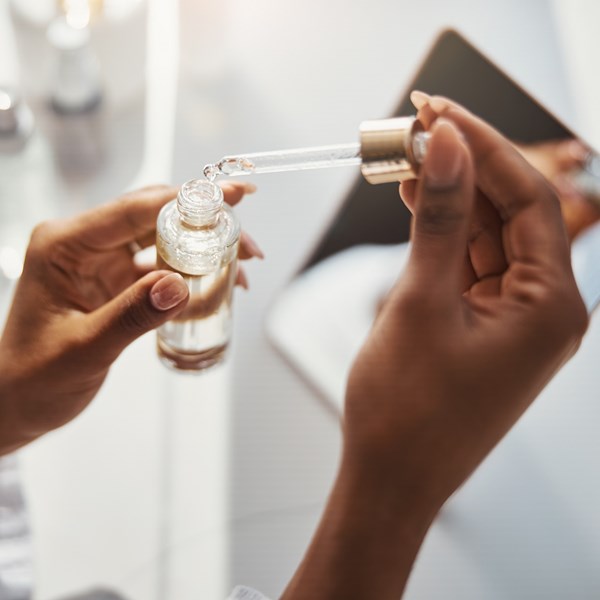The referring Court has withdrawn its request for a preliminary ruling by the Court of Justice of the European Union (CJEU) on the interpretation of Art. 3(c) of the Regulation on Supplementary Protection Certificates (SPCs) relating to Novartis’ attempts to obtain more than one SPC for its antibody product canakinumab.
The status quo on who may be granted an SPC therefore remains that a party cannot be granted more than one SPC for any given “product”.
BACKGROUND
One of the four requirements for obtaining an SPC is that “the product has not already been the subject of a certificate” (Art. 3(c) Regulation No 469/2009). Nevertheless, where the product is protected by multiple patents held by different parties, the law is interpreted such that each party may obtain their own SPC for the product, but no party may hold more than one SPC for the same product based on different patents (Recital 17 and Art. 3(2) Regulation No 1610/96).
Under the above SPC Regulations, the term “product” means the active ingredient/substance or combination of active ingredients/substances. Thus, in certain circumstances, a company may hold one SPC covering an active ingredient alone and other SPC(s) covering the same active ingredient in combination with other active ingredient(s), but not more than one SPC for any given “product”.
THE FACTS AND ARGUMENTS
The Novartis case (C-354/19) related to the company’s attempt to challenge the status quo on a company not being able to hold more than one SPC for the same “product”, ie when based on two different patents with different expiry dates. The product in question was Novartis’ product canakinumab, marketed as Ilaris®, which is an antibody that targets interleukin-1-beta.
Novartis first obtained an SPC protecting canakinumab up to 26 October 2024, based on its patent filed in 2001 claiming the antibody itself and a marketing authorisation relating to cryopyrin-associated periodic syndromes (CAPS). Following the grant of a later patent filed in 2006 directed to a new use of the antibody to treat juvenile rheumatoid arthritis (authorised in 2013), Novartis applied for a second SPC that would have been expected to extend protection for the new use of canakinumab up to 28 August 2028. This application for a second SPC was rejected by the Swedish Patent and Registration Office (PRV).
After Novartis’ failure to overturn the PRV’s decision at first instance proceedings, the Patent and Market Court of Appeal requested a preliminary ruling from the CJEU on the basis that the way that it had previously interpreted the SPC Regulation stimulates research not only leading to the discovery of new products, but also to new uses of existing products. In particular, the referring Court considered that some of the CJEU’s earlier judgments (notably Neurim, C-130/11) worked to incentivise research into new therapeutic uses of known products. On this basis, the referring Court held that the interpretation of Art. 3(c) was unclear.
THE OUTCOME
Following the Swedish Court’s 7 September 2020 withdrawal of the request for a preliminary ruling, the CJEU dismissed the case by Order dated 25 September 2020 (published online on 16 October 2020).
Although no reasons for the Swedish Court’s withdrawal have been made available with the order, we note that the Art. 3(c) question would have been a non-issue in this case, in view of the recent decision on the interpretation of Art. 3(d) given in Santen (C-673/18). As we explained in our report of that case, the CJEU argued that the SPC system was devised to reward the bringing of new active ingredients (or new combinations thereof) to the market. As an SPC application must be based on the first marketing authorisation for the “product”, Novartis’ second SPC application would be rejected on the basis of Art. 3(d), regardless of the interpretation of Art. 3(c).
IMPLICATIONS
As the CJEU has not ruled on the issue, the current interpretation of Art. 3(c) will still apply, and hence, a party may not hold more than one SPC for any given “product”. It is also debatable in view of Santen whether this issue will ever come up again.







